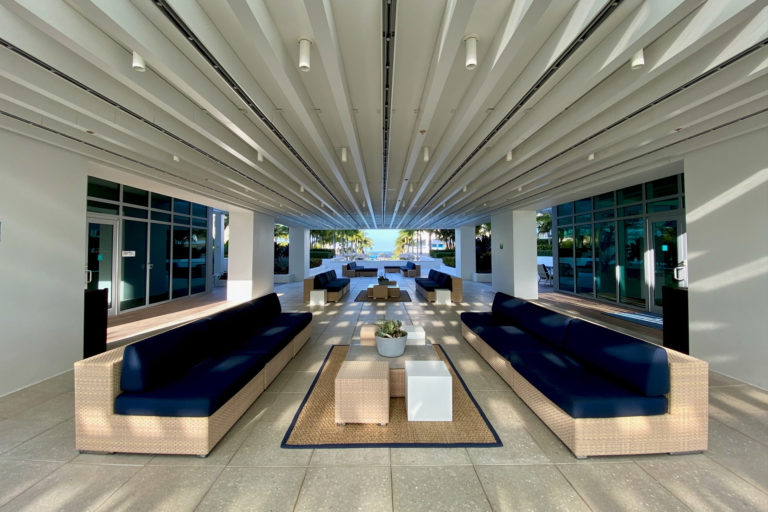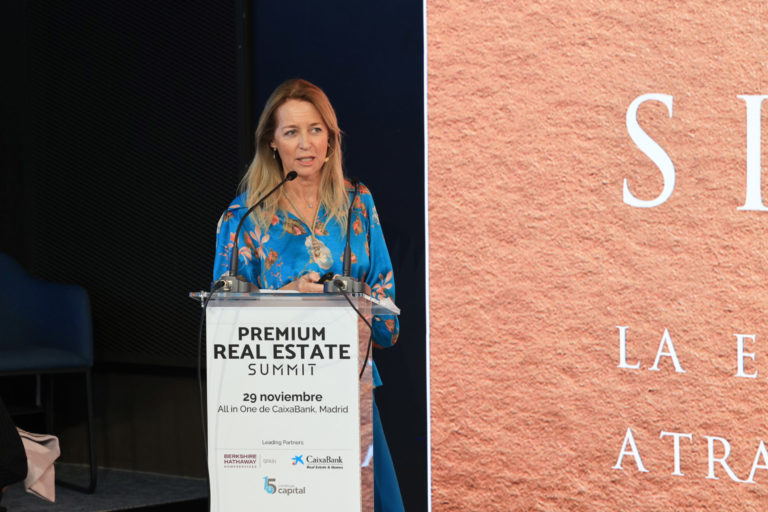
Luxury real estate investment is no longer the exclusive domain of retirees with savings. Young professionals, which include millennials born in the 1980s and centennials born in the mid-1990s, are making waves in the world of luxury real estate. They are on the lookout for prime plots for constructing houses or built properties with high architectural standards and furnishings. Analyzing their interest in these homes and their approach to buying in general is worth the time, and we share more insights into their motivations in the article below.
Who are the new buyers in the luxury goods market?
As outlined in a recent study conducted by Bain & Company, the luxury goods market is undergoing a gradual expansion, with projections indicating an increase from the current 400 million buyers to an estimated 500 million by 2030. These new buyers have a strong inclination towards online shopping, and demonstrate a willingness to purchase a wide spectrum of products, including virtual items. Notably, they display an affinity for emerging brands hailing from markets such as South Korea and China, and a heightened sensitivity to the latest fashion trends. This last point is important because they have a propensity to buy new items quickly and sell never- or little-used items on the second-hand market, rather than hold on to pieces forever.
Another significant aspect of their consumer behavior is their interest in Veblen goods, those status items for which demand increases as the price rises, making them symbols of affluence and prestige. They also associate the luxury market with urgency (they must buy quickly before limited items sell out); personalized shopping experiences; and the privilege of belonging to a niche that indulges in high-end spending. Bain & Company anticipates that this consumer behavior will translate into an annual sales growth rate of 5% to 7% between now and 2030.
What’s trending in luxury real estate?
During the 2020 COVID pandemic, the real estate sector underwent significant transformations, resulting in trends that include:
- Prospective buyers exhibiting a heightened readiness to invest in luxury residences featuring outdoor space, including gardens, terraces, and private pools.
- The surge in remote work, fueling a growing trend among professionals to seek short-term rentals (ranging from two to three months) that cater to the emerging “digital nomad” lifestyle and provide more flexibility than traditional long-term rentals.
- An increased desire for contact with nature, prompting young investors to explore luxury real estate ventures located beyond major urban centers, where easy access to natural environments is a major plus.
In this context, the luxury real estate market has experienced a substantial shift. Villas and apartments in settings like golf resorts, previously most desired by retirees or older generations, have now become an integral part of the real estate landscape for various demographics. These luxury residences offer the benefit of security in a controlled environment, while often also being in close proximity to beaches or mountains. Many offer the option to let to third parties when not in use, and can be a good source of short-term returns thanks to demand for rentals from digital nomads.
Prior to the pandemic, luxury was purely synonymous with higher prices, but now there is talk of a “new luxury,” in which various factors are at play. Experts from Viva Sotheby’s International Realty describe it as a qualitative leap in interest in sustainability, longevity, sourcing, health, and wellbeing. Owners of luxury villas prioritize factors that might not have held as much importance before, like energy efficiency, air quality, and the general setting of the resort.
Young, tech-savvy, professional, and adventurous—these are the characteristics of the new demographics investing in luxury real estate. They’re looking for properties that offer freedom, well-defined spaces for relaxation, and ideal conditions for remote work. Meeting their expectations is the new challenge for property developers who want to tap into this growing and discerning market.



